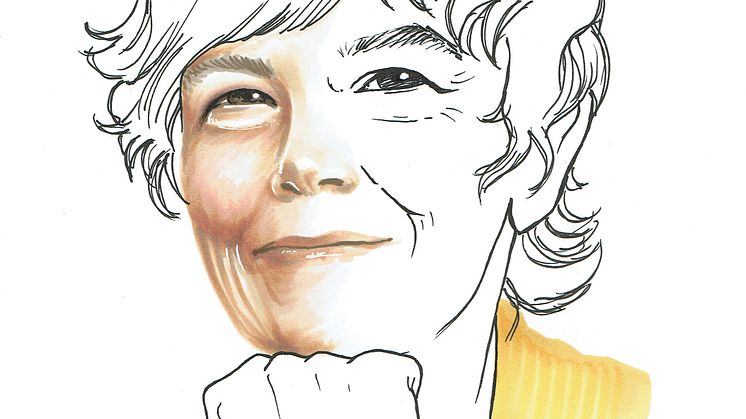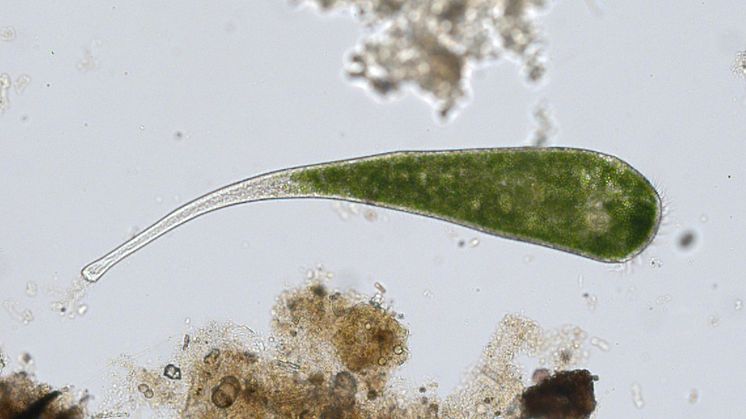The CD93 protein suggests new strategy to inhibit cancer development
One strategy for cancer therapy is to inhibit the development of blood vessels in the tumour. Researchers at Uppsala University show in a new study how the protein CD93 interacts with the protein network that is required for tumour vessels to form properly. Blocking this interaction could be used as a means to hamper blood vessel development and slow down the cancer.



